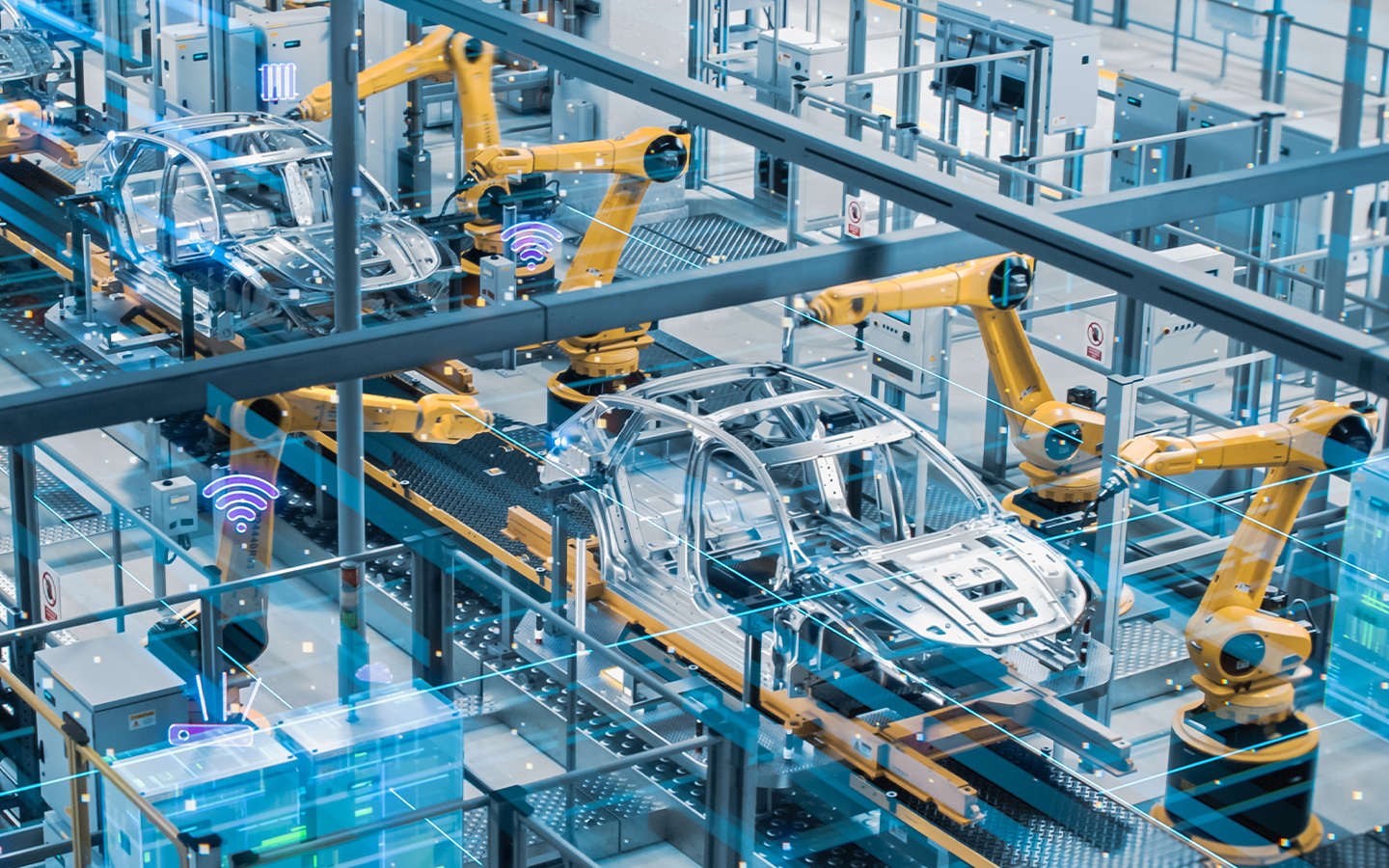The future of car manufacturing is about to get a major upgrade with AI and customization leading the way. We’re looking at a time when flexible production methods and predictive maintenance will become the norm, bringing a wave of innovation to the industry. This exciting transformation will not only make the production process smoother but also boost the quality and reliability of the vehicles we drive.
The automotive industry adheres to stringent quality and safety standards, along with strict delivery deadlines and penalties for delays. Any last-minute changes need to be swiftly and efficiently managed to prevent negative consequences.
AI and customization are poised to drive the future of automotive manufacturing.
Overcoming Challenges with Advanced Solutions
Despite significant progress in reducing physically demanding and health-damaging tasks, the automotive industry still faces challenges in planning and quality assurance. Manual creation and updates of production plans lead to time loss, and schedule adjustments communicated via phone or email waste additional time. These adjustments are often confined to specific workers, limiting overall knowledge and causing slower responses to unplanned events, resulting in extended downtimes. Monotonous tasks and the demand for flawless quality assurance also prolong processes.
QLECTOR LEAP offers digital twin master data management, ensuring real-time data accessibility. It manages diverse products, workflows, and labor allocation through the QLECTOR LEAP planning table. By utilizing the QLECTOR LEAP Optimization module, manufacturers can generate distinct scenarios and precise estimates for optimal production planning. The QLECTOR LEAP Production guiding module provides flexibility to adapt to last-minute changes, achieving significant time savings, ensuring tool readiness, and increasing Overall Equipment Effectiveness (OEE) by 5%.
To wrap up
By leveraging advanced tools like QLECTOR LEAP, the industry can overcome existing challenges, enhance efficiency, and maintain high standards of quality and reliability. Embracing these innovations is essential for staying competitive and achieving sustainable growth in the evolving industrial landscape.
